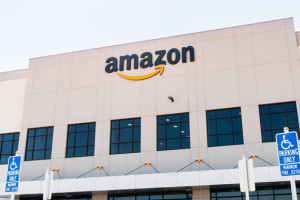‘Withdrawal button in online stores undesirable’

Seventeen European trade organizations have recently published an open letter to the European Union to express their disapproval of a new withdrawal button. This button allows consumers to undo a transaction after placing an order. “This button exceeds its purpose”, said Marlene ten Ham of Dutch ecommerce association Thuiswinkel.org.
Continue reading





